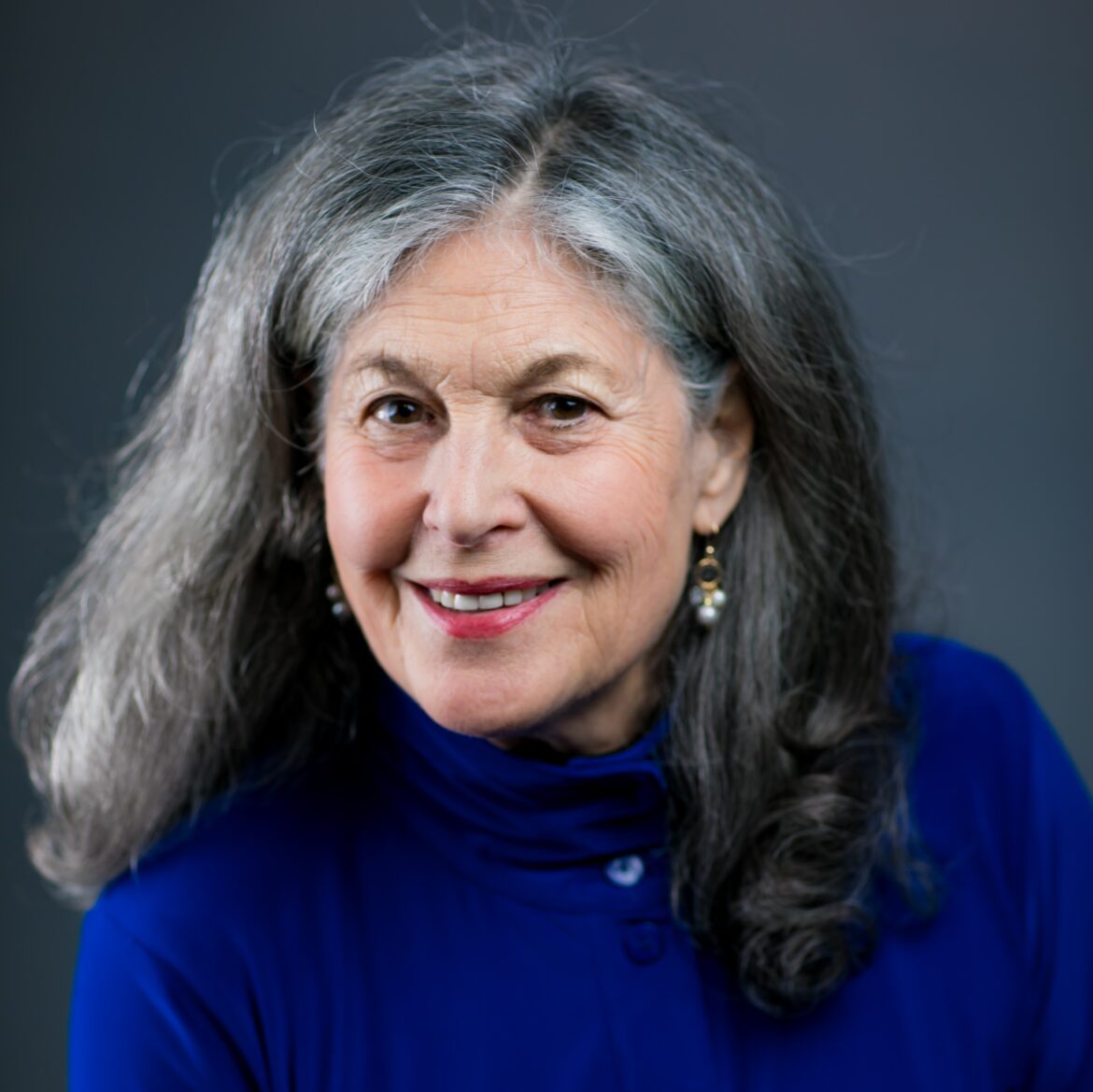When 63-year-old Shaundra Oelsner retired from her finance job at Sun Life two years ago, she thought to herself, “There’s still time to re-create myself.”
Oelsner loved spending time with her grandchildren, going on long walks and occasionally, belly dancing. But she wanted more.
“Retirement in the most formal way is certainly not what it’s cracked up to be,” Oelsner said.
She wanted more self-fulfilment and a sense of accomplishment and decided to start working part-time as an insurance agent while also taking courses and coaching others who want to enter the finance field.
“I feel I still have a song in my heart to sing. I’m not done,” Oelsner said.
Golfing, gardening and grandchildren — the famous three G’s of retirement — are long-standing pillars of the golden years.
Atthe age of 65, people would retire. Many bought an RV and travelled across the country or spent more time with their grandkids — and this worked for a few years, said Nina Hornjatkevyc, a counselling director and registered psychologist with Canada Career Counselling.
“Then, they get to a point where they realize that as much as that can be meaningful … they’re drawn to something additional,” Hornjatkevyc said.
“There’s a drive for more routine and structure, ongoing learning opportunities and contributing to society.”
Hornjatkevyc said she has seen an increase among older people, either approaching retirement or already retired, who are getting back into the workforce.
While some of these decisions are undoubtedly driven by the need for extra cash in this time of inflation and high interest rates, she added, sometimes, the appeal of purpose, meaning and a renewed sense of accomplishment are the main reasons.
Shifting definitions of retirement
Retirement at 65 is an antiquated notion, said Helen Hirsh Spence, founder of Top Sixty Over Sixty, which helps organizations understand the value of having a multi-generational workforce.
“Older adults have what’s called crystallized intelligence. Young people have fluid intelligence,” said Spence. “You need both.”
When older workers stick around longer, retention among younger workers improves, she said. As people get older,climbing the career ladder isn’t as important as passing on knowledge and giving back, Spence added, which their younger colleagues find valuable.
Hornjatkevyc said it is getting harder to determine a one-size-fits-all retirement age as some are willing to bow out of their jobs in their 50s while others want to keep going even past their 70s.
The ideal post-retirement job
Oelsner enjoys the control she has over her time — taking courses, working in her home office and meeting clients in person. That’s a more ideal work-life balance than when she worked 10 hours a day in her previous role.
Meanwhile, her husband who is in his 70s is still working on a contract basis for a nuclear medicine company in Ottawa. Oelsner said her husband spends about 20 hours a week working while also enjoying golfing and other activities during his free time.
“He fully retired seven years ago and the day after he retired, they called him back on contract work,” Oelsner said.
Hornjatkevyc said the choice to continue working after retirement is unique to every individual. She said an ideal post-retirement job depends on whether someone wants to explore and learn new skills or continue in the same field but with less responsibility and fewer hours.
Employing older people can be mutually beneficial for employers and employees, Hornjatkevyc said. Organizations benefit from having skilled staff with expertise and older workers have an outlet to support their well-being and income in retirement, she added.
Barriers still exist
Spence says many businesses have yet to do the work on accommodating older people willing to work, both for social connections and to feel relevant.
And not all older people will find jobs that pay.
“A lot of people are doing work for very little money or no money because they care about an issue or a cause,” she said.
Phyllis Ryall, who is 69, recalled feeling unfulfilled a year into her illness-turned-retirement in 2017 after spending decades working in the health care industry.
“Then, I got an email from my nephew talking about later-life learning, and how two people in the city I was from originally had got in it,” — at ages 89 and 94, Ryall said.
She got involved with the Toronto Metropolitan University-affiliated Life Institute, which provides educational courses, activities and volunteer opportunities for people aged 50 and over. Ryall liked it so much, she volunteers with the organization and is chair of the curriculum committee.
“I have no possibility of making money from it,” she said. “Would I like to get something where I could earn money? Absolutely.”
But Ryall says she doesn’t feel she would be taken seriously if she applied for other jobs because of her age. She also doesn’t want to work a job requiring her to leave home at 8 a.m. on weekdays.
Top Sixty Over Sixty’s Spence, started her business at 67 after having experienced ageism at work first-hand.
“If I were going to live another 20 or 30 years at 65, which is what I’m expecting, I would have to work longer,” she said. “And ageism, age myths are so prevalent in society, that I would be hard-pressed to find a job.”
She said companies can do better and support employees who are older with continued benefits past 65 or 70, and more flexibility such as allowing part-time or moving to a low-stress role within the company.





